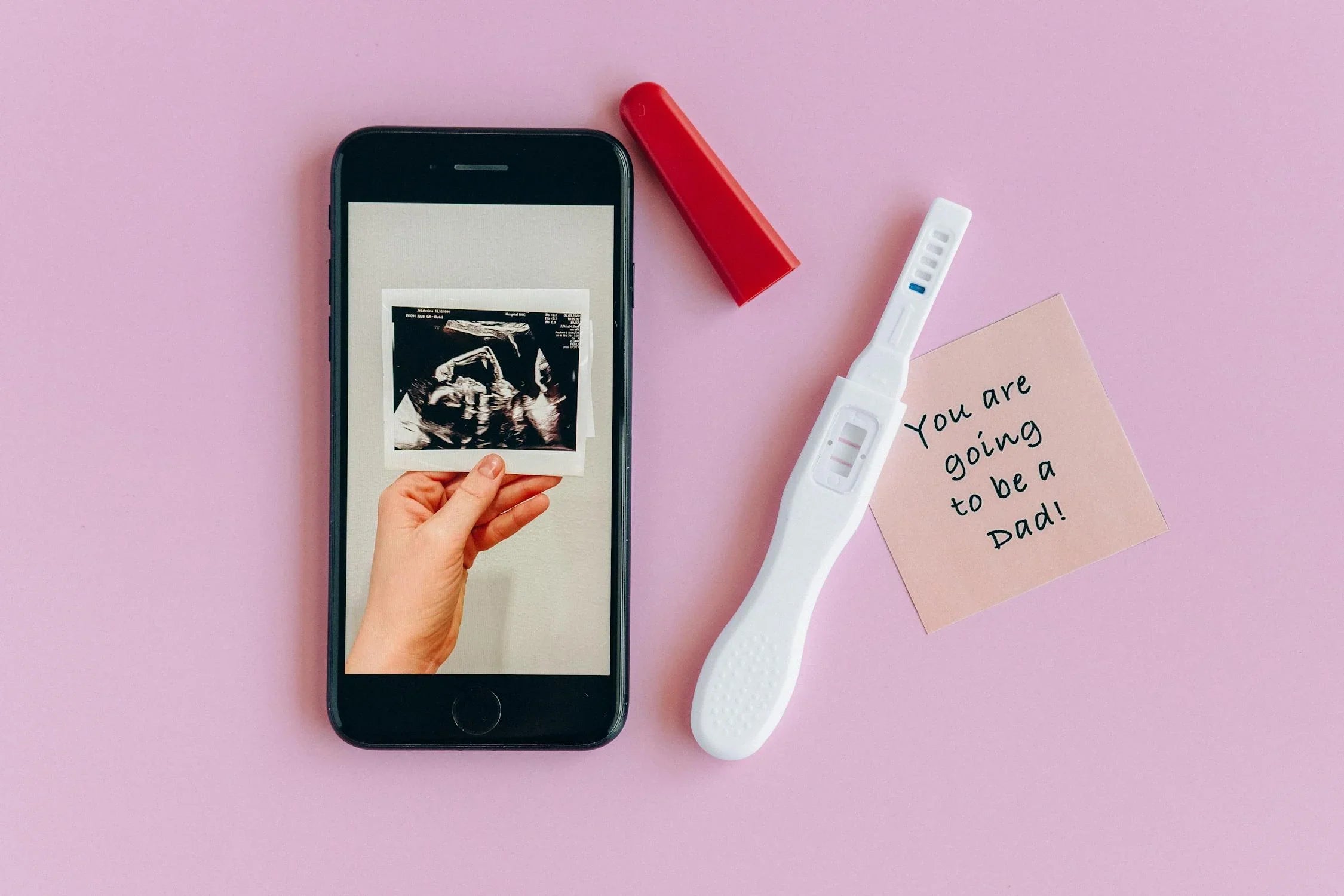Accueil
Pregnancy, Breastfeeding, and Pumping: The Ultimate Guide for Moms
Will a Pregnancy Test Show Miscarriage? Understanding the Connection

Will a Pregnancy Test Show Miscarriage? Understanding the Connection
Pregnancy tests are a common tool for confirming pregnancy, but can they also indicate a miscarriage? This question is often asked by individuals who are concerned about the possibility of pregnancy loss. Understanding how pregnancy tests work and their limitations is crucial in addressing this concern. This article explores the relationship between pregnancy tests and miscarriage, providing insights into what you need to know.
How Pregnancy Tests Work
Pregnancy tests detect the presence of human chorionic gonadotropin (hCG), a hormone produced by the placenta after implantation. When a fertilized egg attaches to the uterine lining, hCG levels begin to rise, and this hormone can be detected in urine or blood. Most home pregnancy tests are designed to identify hCG in urine, while blood tests conducted by healthcare providers can measure hCG levels more precisely.
Can a Pregnancy Test Show Miscarriage?
A pregnancy test cannot directly indicate a miscarriage. However, it can provide clues based on hCG levels. After a miscarriage, hCG levels typically decrease over time, but this process can vary depending on factors such as the stage of pregnancy and individual physiology. In some cases, a pregnancy test may still show a positive result even after a miscarriage because hCG remains in the body for days or weeks.
Understanding hCG Levels After Miscarriage
Following a miscarriage, hCG levels gradually decline. The rate at which this happens depends on how far along the pregnancy was. For early miscarriages, hCG levels may drop more quickly, while for later miscarriages, it may take several weeks for hCG to return to pre-pregnancy levels. A blood test can provide a more accurate assessment of hCG levels compared to a urine test.
Signs and Symptoms of Miscarriage
While a pregnancy test cannot confirm a miscarriage, certain signs and symptoms may indicate pregnancy loss. These include vaginal bleeding, cramping, and the passing of tissue or clots. In some cases, symptoms of pregnancy, such as nausea or breast tenderness, may also diminish. If you experience any of these symptoms, it is essential to consult a healthcare provider for proper evaluation and care.
What to Do If You Suspect a Miscarriage
If you suspect a miscarriage, seek medical attention promptly. A healthcare provider can perform tests, such as an ultrasound or blood work, to confirm whether a miscarriage has occurred. They can also provide guidance on managing physical and emotional recovery. Remember, experiencing a miscarriage does not mean you cannot have a successful pregnancy in the future.
Emotional Support and Coping Strategies
Miscarriage can be an emotionally challenging experience. It is important to seek support from loved ones, support groups, or mental health professionals. Allow yourself time to grieve and process your emotions. Engaging in self-care activities, such as journaling, meditation, or gentle exercise, can also help in coping with the loss.
When to Take a Pregnancy Test After Miscarriage
If you are trying to conceive after a miscarriage, you may wonder when to take a pregnancy test. It is generally recommended to wait until your hCG levels have returned to normal, as residual hCG can lead to a false positive result. Your healthcare provider can advise you on the appropriate timing based on your specific situation.
Preparing for a Future Pregnancy
After a miscarriage, many individuals feel ready to try for another pregnancy. It is important to focus on your overall health, including maintaining a balanced diet, managing stress, and avoiding harmful substances. Discussing your plans with a healthcare provider can help ensure you are physically and emotionally prepared for the journey ahead.
Understanding the connection between pregnancy tests and miscarriage is essential for anyone navigating this challenging experience. While a pregnancy test cannot directly confirm a miscarriage, it can provide valuable insights into hCG levels and help guide next steps. If you have concerns about pregnancy loss, seek medical advice and emotional support to ensure you receive the care and compassion you deserve.
Partager
